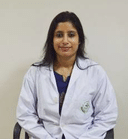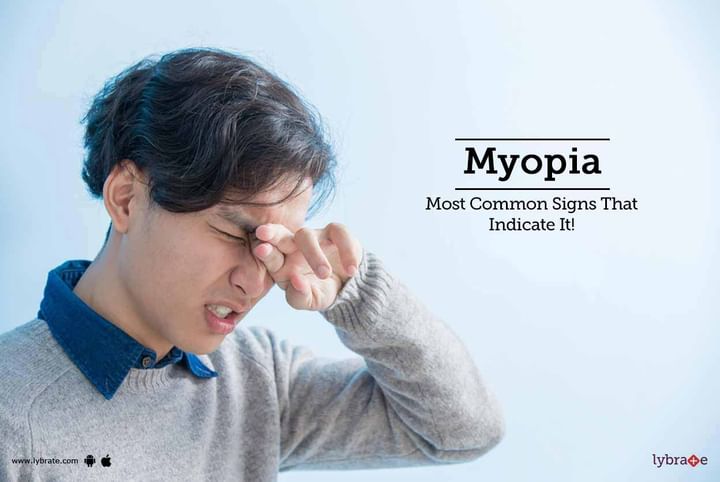Myopia - Most Common Signs That Indicate It!
What Is Myopia (Nearsightedness)?
Myopia is a common refractive error of the eye that makes it difficult to focus on far away objects. People who are nearsighted will see objects close to them clearly, while those further away appear blurry. Myopia is natural. An overall longer shape of the eye usually causes myopia, so it is a naturally occurring visual problem that cannot be prevented. Nearsightedness tends to run in families, but you don't need to have a myopic parent to develop it. Myopia begins at an early age and worsens in the teenage years, but generally stabilizes in adulthood.
Here are the most common signs and symptoms of myopia:
- Objects far away, like a chalkboard or road signs, appear blurry
- Persistent need to squint or close eyelids to see clearly
- Headaches due to eyestrain
- Difficulty seeing while driving a vehicle, especially at night (night myopia)
- Need to sit closer to the television, movie screen or the front of the classroom
- Holding books very close while reading
- Not able to notice distant objects
Causes of Myopia
Nearsightedness happens when your eye is longer than normal, or, less often, when your cornea is too curved. It’s a problem in the focusing mechanism of the eyes. However, the exact cause of myopia is not known. Research about myopia supports two key risk factors:
- Family history. If one or both parents are nearsighted, the chance of their children developing it increases.
- Working up close. Myopia may be helped along by how a person uses their eyes. Intense detail work, long hours in front of a computer or reading can also increase the chances of developing myopia.
Treatment Options for Myopia (Nearsightedness)
When treating myopia, the goal is to help your eyes focus on far away objects. The most common way to achieve this is through
- Corrective glasses
- Contact lenses
- Refractive eye surgery, such as LASIK, is available for adults and those with moderate to high levels of nearsightedness
Adults who have developed cataracts may also have their myopia corrected with an intraocular lens (IOL) that replaces the human lens during cataract surgery. The most appropriate treatment depends on your eyes and your lifestyle. Nearsightedness can also be corrected as part of the cataract surgery procedure.
- Contacts and Glasses: Eyeglasses and contact lenses can correct myopia. However, they cannot stop the eye from growing longer or cure the irregular curve of the cornea that causes your blurry vision.
- Surgery: Surgery can decrease or eliminate dependency on eyeglasses and contact lenses. LASIK surgery is the most common type of surgery to correct myopia.
- ICL (intraocular collamer lenses) or phakic lensesIn adults with cataracts, is an option for those myopic patients who are not suitable for lasik surgery due to either less corneal thickness or very high myopia.
- Orthokeratology: A new type of treatment which offers an alternate solutions to people who are suffering from myopia. This is also known as Ortho-K. As a part of this procedure a person has to wear specialized lens overnight, to correct the vision for the next day. Orthokeratology is a process that uses specially designed GP contact lenses to temporarily reshape the contour of the cornea to reduce myopia (nearsightedness). In addition to the benefit of lens-free daytime vision, orthokeratology is starting to be appreciated for its ability to slow the progression of myopia. A number of published clinical studies have found that orthokeratology lens designs inhibit the growth of the eye's axial length, which determines the degree of myopia.



+1.svg)
